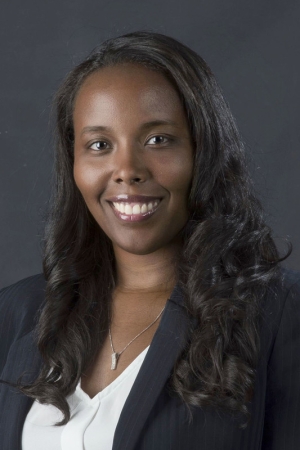Op-Ed: Toward a Unified Measure of U.S. Housing Insecurity
July 14, 2017 / by Robynn Cox- Opinion
Housing is often used as a barometer of achievement in U.S. society. The type of home we live in and our neighborhoods are signals of pedigree, of where we fall on the socioeconomic ladder. Nevertheless, housing is in fact one of life’s few necessities. Although many of us might take it for granted, we need stable quality housing to be healthy, productive citizens. Housing and neighborhoods influence our emotional and physical well-being, human capital development, and social networks. At its core, housing is a human right.
When we think of those who experience housing insecurity, we often think of the extreme: the homeless. Yet many individuals and families struggle daily to find and maintain affordable, quality housing. These struggles often go unseen until some major event such as the housing market crash a decade ago or last year’s tragic Oakland, California, warehouse fire. The housing market crash, in particular, brought to light that no matter our status in society, we are all susceptible to a housing crisis.
Housing insecurity is often invisible to the public. In fact, we do not really know the true extent to which Americans, or others in the world, suffer from housing problems. Unlike food insecurity, there is no uniform measure for housing insecurity that captures all of housing’s various dimensions. More basic than that, we do not have shared language or a common definition that defines and guides our understanding of what constitutes housing insecurity.
Some housing experts describe housing problems as “housing instability.” Others utilize the chosen term for this article, “housing insecurity.” Still others use “housing insufficiency.” Likewise, housing problems are measured in various ways; some look strictly at housing affordability—spending more than 50 percent of one’s annual income on housing—while others incorporate behavioral aspects of housing insecurity such as multiple moves and overcrowding.
The lack of a unifying term and definition inhibits the mobilization of research, resources, and public policy surrounding this issue. But there is a model that could be used to fix this problem.
Read more on the Washington Center for Equitable Growth website.
To reference the work of our faculty online, we ask that you directly quote their work where possible and attribute it to "FACULTY NAME, a professor in the USC Suzanne Dworak-Peck School of Social Work” (LINK: https://dworakpeck.usc.edu)
